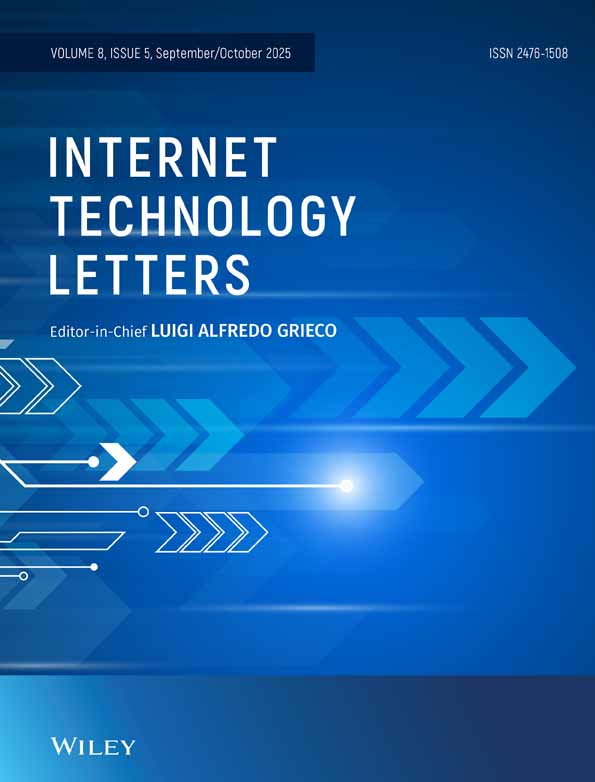Low-Power Physiological Fatigue Monitoring via TinyML-Enabled Wearables for Sports Evaluation
ABSTRACT
In the context of the growing integration of Internet of Things (IoT) and edge intelligence into sports technology, the ability to accurately monitor athlete fatigue in real time has become increasingly important for performance optimization and injury prevention. This paper presents a novel fatigue detection framework that leverages physiological signal fusion and personalized activity recognition, optimized for resource-constrained IoT devices using Tiny Machine Learning (TinyML) techniques. The proposed system combines inertial and heart rate signals collected from wearable devices and computes a lightweight, on-device Physiological Fatigue Index (PFI), enhanced with personalized calibration and adaptive thresholding. To support deployment on ultra-low-power microcontrollers, we apply quantization, pruning, and model distillation, reducing memory footprint and energy consumption while preserving high accuracy. Experimental results on data collected from 12 athletes demonstrate the effectiveness of the approach, achieving 93.4% accuracy and 44 mWh hourly power use, outperforming several state-of-the-art TinyML and classical baselines. This work contributes a deployable, scalable, and privacy-aware solution for continuous sports fatigue assessment in real-world environments.
Open Research
Data Availability Statement
The data that support the findings of this study are available from the corresponding author upon reasonable request.




